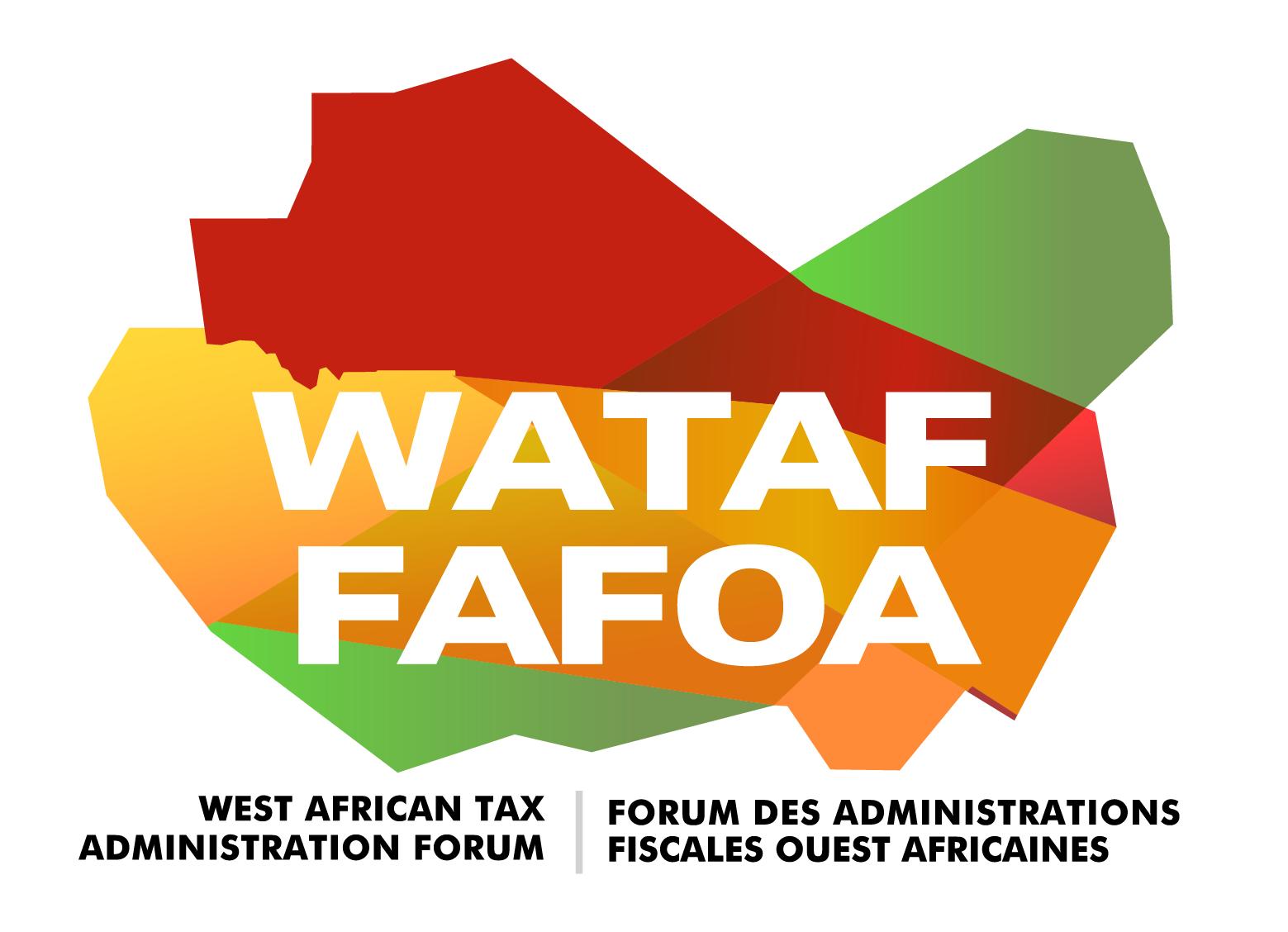The West African Tax Administration (WATAF), in partnership with OXFAM and Civil Society Legislative Advocacy Center (CISLAC) organised a dialogue on the status of adoption of the AU/UNECA High Level Panel (HLP) report on Illicit Financial Flows (IFFs) in Africa.
The event was held to discuss the report’s recommendations, assess implementation status, and consider some country-specific efforts, with a focus on Kenya, Nigeria, and Senegal experiences.
Kenya has done a lot of tax reform and has strengthened the capacity of the revenue authority. It also adopted anti-money laundering and implemented international cooperation, especially in the area of extradition and confiscation of proceeds from corruption.
In Nigeria, part of the work done to curb IFFs includes inter-agency collaboration, tax reforms, financial transparency, and whistleblower programmes, among others.
Also, in Senegal, there has been a reactivation of the Court for the Repression of Illicit Enrichment (CREI), which has tried several cases involving Politically Exposed Persons (PEPs) and the establishment of the Directorate of the Central Office for the Repression of Illicit Drug Trafficking (OCRTIS) within the National Police, all in a bid to curb IFFs.
It was established that the most common forms of IFFs include drug and human trafficking, illegal wildlife trade, illegal activities in the extractive industries, bribery and corruption, etc.
Common denominators militating against these efforts include lack of political will and political instability, proliferation of multinational corporations (MNCs), and innovative use of tax havens located around the world, and a paucity of information and low information exchange between countries.
The participants at the event agreed that a lot has to be done in terms of inter-agency cooperation, exchange of information among countries, and the political will to stop IFFs, either as a giver or a receiver of such proceeds.
This is particularly imperative given that revenue lost due to IFFs impacts negatively on Domestic Revenue Mobilisation (DRM), which has been identified within the regional bloc as a viable tool for sustainable development.






 Views Today : 44
Views Today : 44 Total views : 33755
Total views : 33755